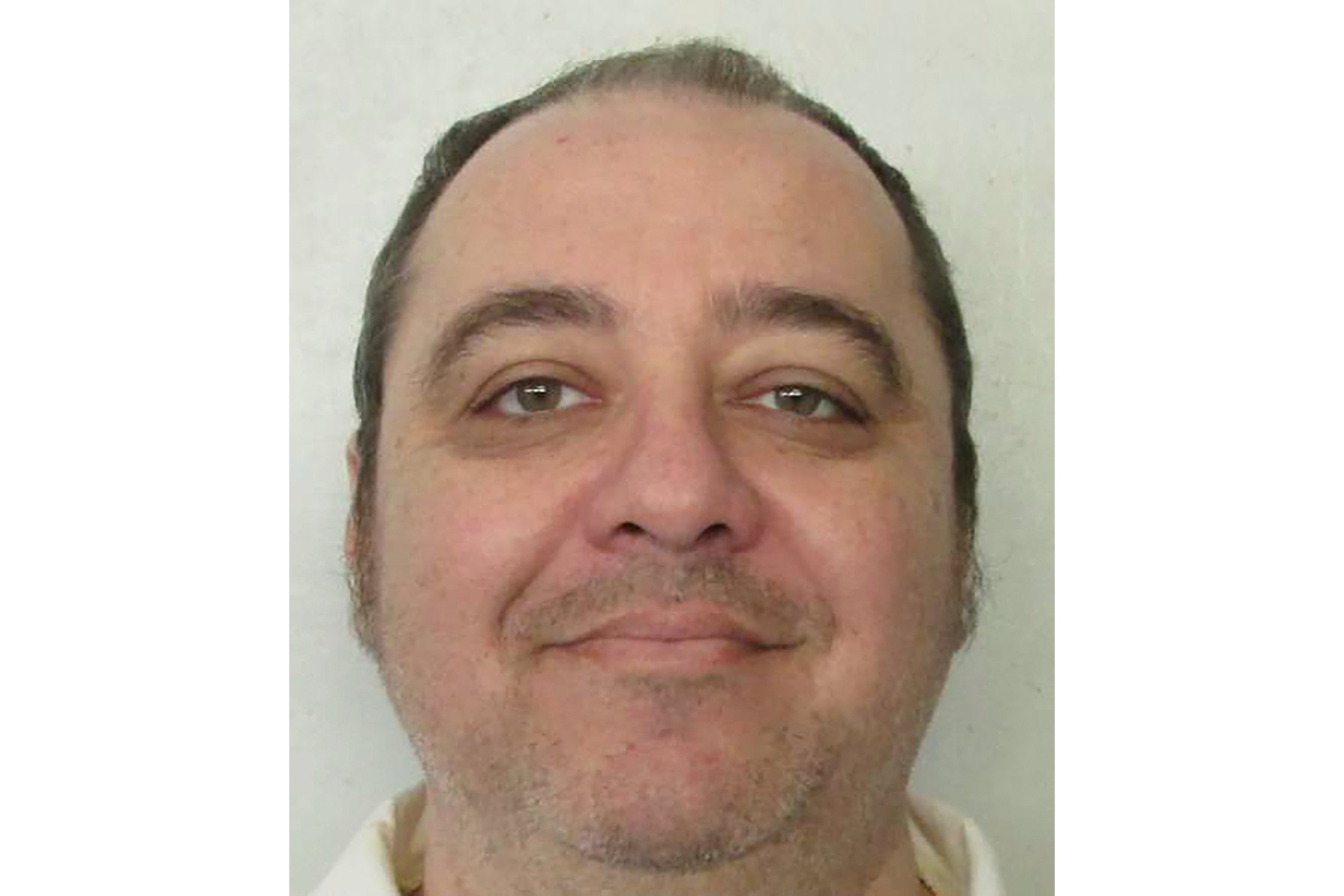Executing Alabama inmate with nitrogen gas would be ‘torture’ says UN official
Kenneth Eugene Smith set to be executed on 25 January via experimental method that has raised concerns
The UN has said that the scheduled execution of a man in Alabama later this month using a new and experimental method would amount to “torture”.
Kenneth Eugene Smith is set to be executed on 25 January from suffocation by nitrogen gas, a proposed method that has already raised concerns. The wholly untested procedure has been decried as inhumane by death penalty experts and deemed unfit even for killing most mammals.
On Wednesday Ravina Shamdasani, spokesperson for the UN Human Rights office voiced similar concerns, stating that the organisation had “serious concerns” over the proposed execution.
“We are alarmed by the imminent execution in the United States of America of Kenneth Eugene Smith, through the novel and untested method – suffocation by nitrogen gas,” Ms Shamdasani said at a press conference.
“This could amount to torture or other cruel or degrading treatment or punishment under international human rights law. Nitrogen gas has never been used in the United States to execute human beings.
“The American Veterinary Medical Association recommends giving even large animals a sedative when being euthanised in this manner, while Alabama’s protocol for execution by asphyxiation makes no provision for the sedation of human beings prior execution.”
Ms Shamdasani added: “We have serious concerns that Smith’s execution in these circumstances could breach the prohibition on torture or other cruel, inhumane or degrading treatment or punishment, as well as his right to effective remedies.”
The potentially “torturous” method comes in the wake of a botched execution attempt, which Smith survived in November 2022.
The 58-year-old, who was sentenced to death over the 1988 murder-for-hire slaying of Elizabeth Sennett in Alabama’s Colbert County, was punctured with intravenous needles repeatedly for nearly four hours.

The execution was eventually called off after prison employees were unable to set an IV line into Smith’s veins, making it the third failed lethal injection attempt in Alabama in 2022.
In fact, it was Smith who requested he be put to death by nitrogen hypoxia, one of three legal methods along with electrocution in the state, following the failed attempt.
When a prisoner challenges a method of execution, the state of Alabama forces them to name an alternative, and Smith filed a lawsuit with the request.
The method is legal in three states but has never been implemented on a death row inmate in the US, or anywhere else that experts are aware of.
Echoing remarks made by the UN, the American Veterinary Medical Association has rejected the use of nitrogen as a means of suffocation on almost all mammals and says it is “distressing for some species.”
The Independent and the non-profit Responsible Business Initiative for Justice (RBIJ) have launched a joint campaign calling for an end to the death penalty in the US. The RBIJ has attracted more than 150 well-known signatories to its Business Leaders Declaration Against the Death Penalty – with The Independent as the latest on the list. We join high-profile executives such as Ariana Huffington, Facebook’s Sheryl Sandberg and Virgin Group founder Sir Richard Branson as part of this initiative and are making a pledge to highlight the injustices of the death penalty in our coverage.

